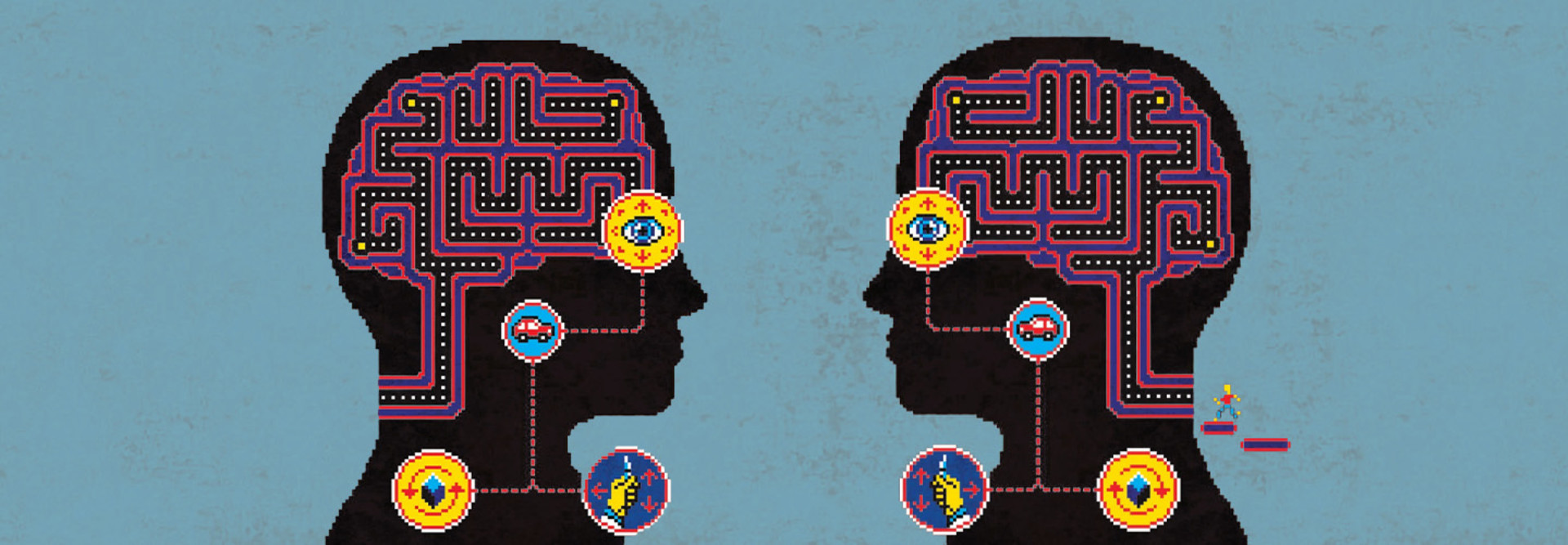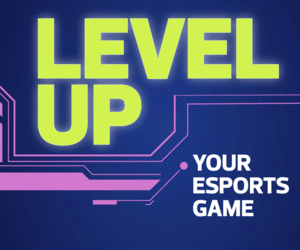Better Working Memory, Response Inhibition
Conducting what they believe to be “the largest study to assess the association among video gaming, cognition and brain function,” researchers at the University of Vermont confirmed that the study’s 9- and 10-year-old participants performed better than their nongaming counterparts “on cognitive tests that involve response inhibition and working memory and altered BOLD [blood oxygen level–dependent] signal on these tasks.”
With these results, researchers hypothesize “that video gaming may provide a cognitive training experience with measurable neurocognitive effects.”
Active Engagement in Videos Is Key
Researchers did not look at the types or genres of video games, nor did they assess mental health impacts. However, they reported that the positive cognitive impacts remained “significant” for game players. The researchers note that “children must actively engage with the video’s content, as opposed to passively watching a video, to exhibit altered cognitive brain activation in key areas of the brain involved in cognition.”
KEEP READING: This esports arena is helping young gamers grow connections.











